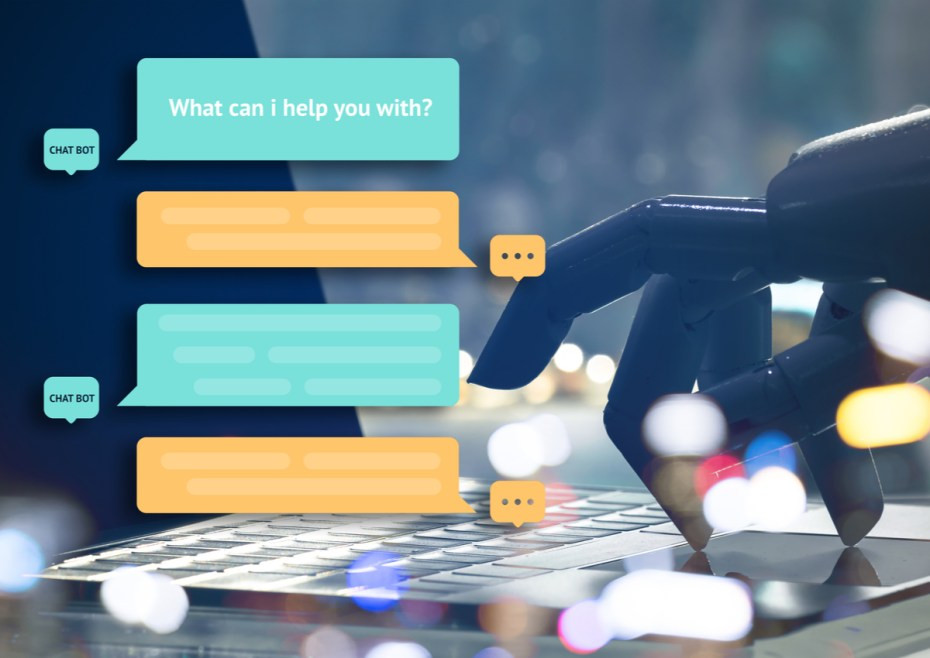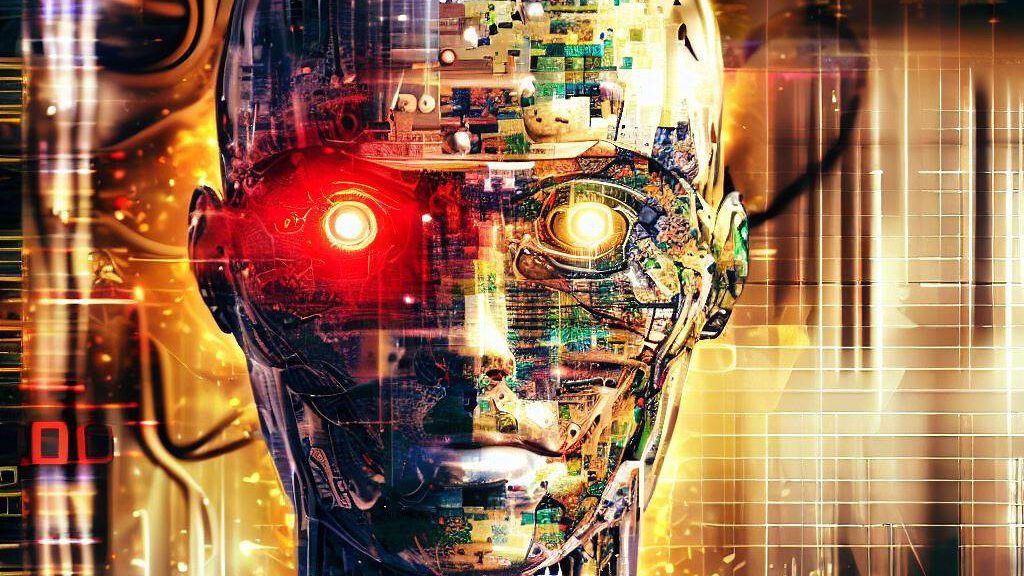The Rise of AI Chatbots: A New Era in Customer Service
The world of customer service is undergoing a seismic shift, propelled by the emergence of artificial intelligence (AI) powered chatbots. These intelligent assistants are rapidly becoming the first point of contact for businesses, automating responses to inquiries, resolving issues, and providing information 24/7. This transformative technology promises to revolutionize the way businesses interact with their customers, but it also raises concerns about the future of human jobs.
The Benefits of AI Chatbots
The allure of AI chatbots lies in their ability to address a critical pain point for businesses: the need for efficient and cost-effective customer support. Here are some key advantages that make AI chatbots a compelling solution:
- 24/7 Availability: Unlike human agents, AI chatbots are always online, ready to assist customers around the clock. This constant availability ensures a seamless customer experience, regardless of time zones or business hours.
- Scalability and Efficiency: AI chatbots can handle a large volume of inquiries simultaneously, without getting overwhelmed. They can process information and provide answers much faster than humans, significantly improving efficiency.
- Personalized Experience: AI chatbots can collect customer data and tailor their responses accordingly. This personalized approach enhances customer satisfaction and builds stronger relationships.
- Cost Savings: By automating routine tasks, AI chatbots can help businesses reduce labor costs associated with customer service. This financial advantage can be substantial, particularly for companies with high customer support volumes.
The Challenges of AI Chatbots
Despite their undeniable benefits, AI chatbots are not without their limitations. Some challenges that businesses must overcome include:
- Limited Emotional Intelligence: While AI chatbots are getting better at understanding and responding to human emotions, they still lack the empathy and nuanced communication skills of humans. Complex issues that require emotional understanding may still require human intervention.
- Lack of Creativity and Innovation: AI chatbots are trained on specific data sets and may struggle to handle unexpected or unconventional inquiries. They cannot think outside the box or offer creative solutions.
- Data Privacy Concerns: AI chatbots collect and process vast amounts of customer data. This raises privacy concerns, particularly in the context of sensitive information.
- Bias and Ethical Considerations: AI chatbots are trained on data that may reflect existing societal biases. This can lead to discriminatory or unfair outcomes for certain users.
The Future of Customer Service: Human-AI Collaboration
The future of customer service lies in a harmonious collaboration between humans and AI. While AI chatbots can handle routine tasks and provide quick answers, human agents are still needed for complex issues that require empathy, creativity, and critical thinking. This hybrid approach leverages the strengths of both humans and machines, creating a more efficient and customer-centric service experience.
Here are some key areas where human-AI collaboration will thrive:
- AI for Information Gathering, Humans for Problem Solving: AI chatbots can quickly gather relevant information from customers and provide initial support. Humans can then take over to address complex issues that require deeper understanding and problem-solving skills.
- AI for Efficiency, Humans for Relationship Building: AI chatbots can handle high-volume interactions, freeing up human agents to focus on building relationships with customers. This approach ensures both efficiency and personalized attention.
- AI for Automation, Humans for Innovation: AI chatbots can automate routine tasks, while human agents can focus on developing innovative solutions and improving customer service processes.
AI Chatbots: A Job-Stealing Threat?
The rise of AI chatbots has sparked concerns about job displacement. Many people fear that these intelligent assistants will replace human customer service agents, leading to widespread unemployment. However, it's important to remember that AI is not designed to replace humans, but rather to augment their capabilities. While some jobs may be automated, new opportunities will emerge in areas that require human skills such as creativity, critical thinking, and emotional intelligence. The key is to embrace AI as a tool that can enhance human productivity and create new job opportunities.
The transition to a future where humans and AI work together will require:
- Upskilling and Reskilling: Governments, businesses, and educational institutions need to invest in training programs that equip workers with the skills needed to thrive in an AI-driven economy.
- Creating New Job Roles: Businesses should create new job roles that leverage the strengths of both humans and AI. This could involve roles like AI trainers, data analysts, and human-AI collaboration specialists.
- Focus on Human-Centric Values: While AI can improve efficiency, businesses should prioritize human values like empathy and ethical decision-making in their customer service strategies.
The rise of AI chatbots is a transformative event in the history of customer service. By embracing these intelligent assistants and fostering a collaborative approach, businesses can create a more efficient, personalized, and customer-centric service experience. This will ultimately lead to a future where humans and AI work together to achieve shared goals.

















